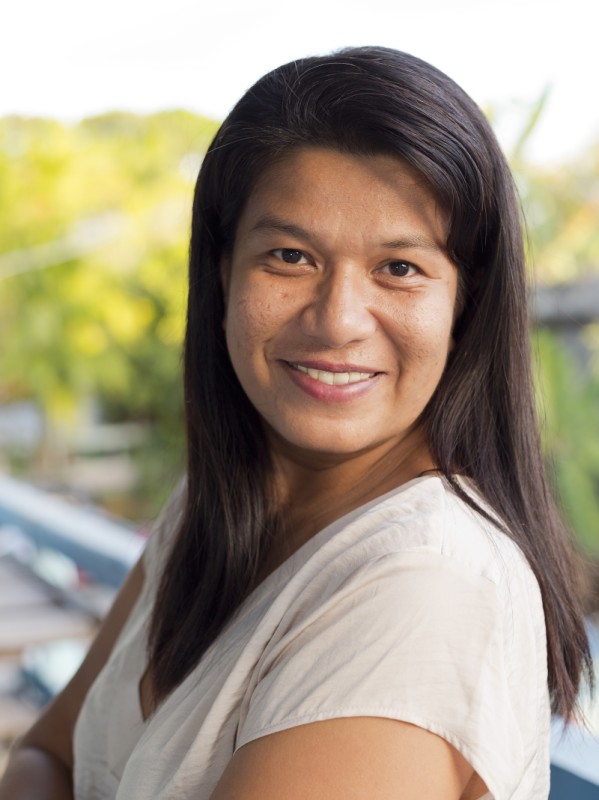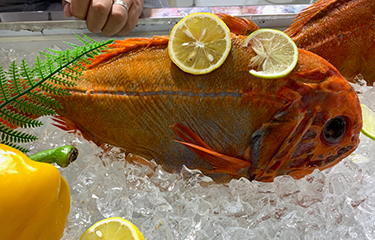A second attempt by Australia's orange roughy fishery certified to the Marine Stewardship Council (MSC) standard has been thrown out by an independent adjudicator.
The decision puts to rest a fight brought by WWF and the Australian Marine Conservation Society (AMCS) against the fishing industry and its consultant MRAG Americas over the certification of the orange roughy fishery, a species considered endangered, threatened, and protected under Australian law.
In 2020, U.S.-based MRAG Americas recommended Australia’s orange roughy fishery be certified as sustainable according MSC certification guidelines.
The orange roughy is a large, deep-sea fish with a long lifespan, capable of reaching 200 years of age or older. Its longevity also means it is vulnerable to overfishing because it is slow-growing and takes time to mature – it doesn't reproduce until it is more than 25 years old.
While the independent adjudicator agreed with WWF and rejected the certification bid, the assessors were given a chance to respond to the decision. Their appeal was dismissed last week, according to WWF-Australia Head of Climate and Food Security Krista Singleton-Cambage.
“This fishery should never have been put forward for certification under the MSC, a label that recognizes and rewards sustainability,” Singleton-Cambage said. “An MSC blue tick on orange roughy caught in Tasmania’s east would seriously mislead consumers who trust that label as an indication of the sustainability of that species.”
Singleton-Cambage said orange roughy fishing also causes damage to other species in the area.
“Not only does this fishery target an endangered species known to live to over 130 years, it has also damaged ancient deep-sea corals that show no signs of recovery after several decades,” she added
Singleton-Cambage said due to fisheries mismanagement, orange roughy stocks during the 1990s dropped to extremely low levels, and that the fishery needs more time to recover before it is certified as sustainable.
“We need far greater certainty on the recovery of these stocks before this fishery can ever be considered for certification as sustainable,” she said.
WWF also raised concerns on MSC's silence on the issue, and said that it should have a responsibility to "provide advice and guidance especially where the outcome can only damage MSC’s credibility.”
WWF also discouraged consumers from buying and consuming orange roughy until the stocks have fully recovered.
AMCS said that the decision against certification has saved the orange roughy fishery from losing the progress it has seen in rebounding from previous overfishing.
“The latest research shows orange roughy numbers have only just begun to recover in small parts of their population from historic overfishing,” AAMCS Sustainable Seafood Program Manager Adrian Meder said in a statement. “Scientists have indicated that numbers are likely to decline again this decade due to lingering impacts from fishing that occurred 30 years ago. Researchers have also found the fishery destroys ancient coral reefs that crest deep-sea mountains. It could take decades or even centuries for this fish and this habitat to recover to levels that could truly be called sustainable.”
Photo courtesy of Alvin Loy Gin Hui/Shutterstock







